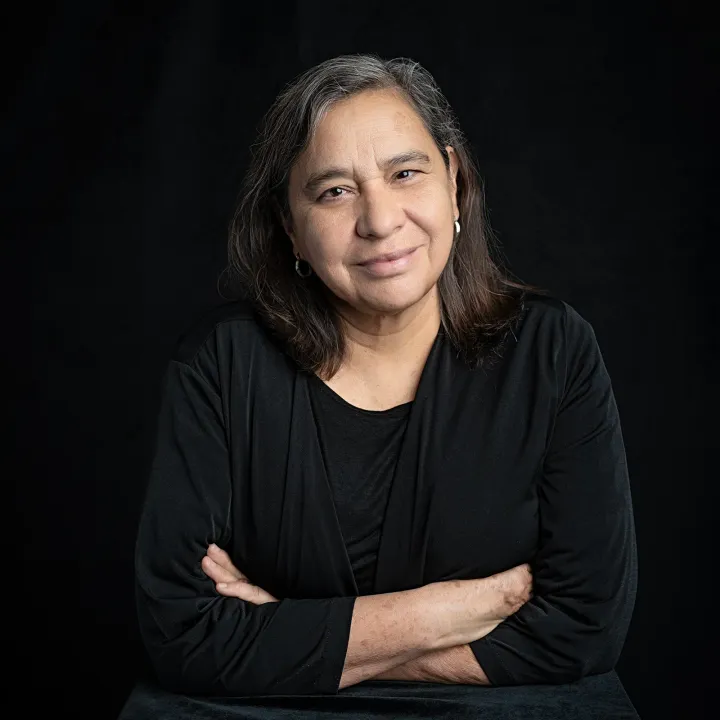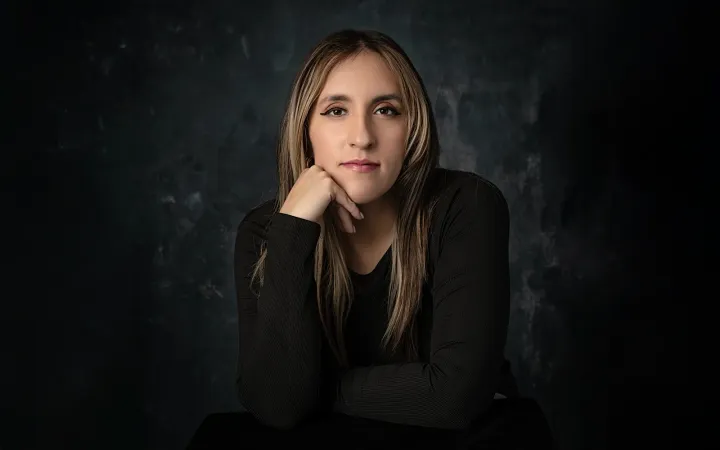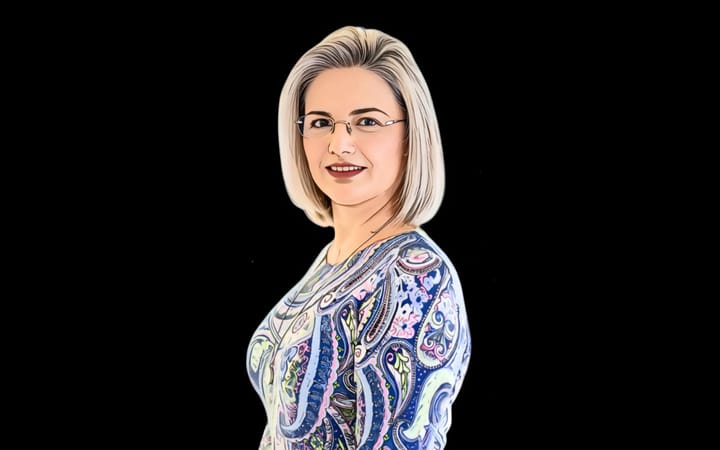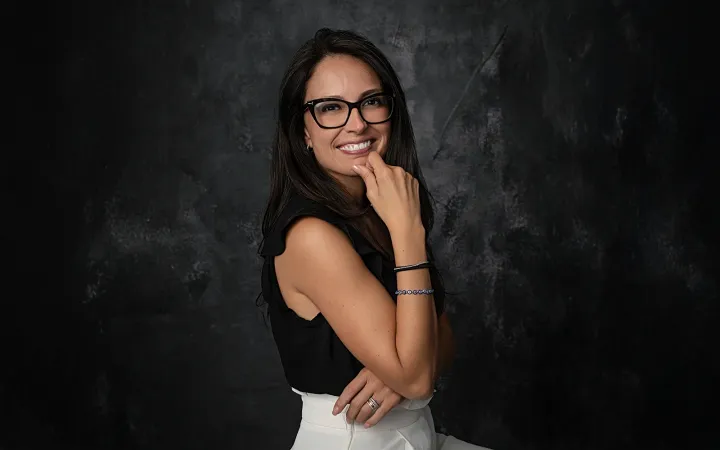Por Leticia Bonifaz
Cada vez, con más frecuencia, en mi trabajo relacionado con la defensa de los derechos de las mujeres me ha quedado más claro que hablar de mujeres en general es posible, pero entrar a la especificidad es necesario cuando de alguna distinción necesaria se trata.
El último encuentro que tuve con mujeres este año fue en la Amazonía ecuatoriana; se trató de la divulgación de la Recomendación 39 del Comité CEDAW que aplica la Convención para la Eliminación de todas las formas de Discriminación contra la Mujer de las Naciones Unidas y que versa sobre los derechos de las mujeres y niñas indígenas.
La recomendación se elaboró escuchando a mujeres indígenas de todo el mundo, pero Latinoamérica tuvo un lugar preponderante porque aportó ideas y experiencias. El reto ahora es que las mujeres y niñas indígenas hagan suya la Recomendación y la empleen como un apoyo más para la defensa de sus derechos.
El evento en Ecuador fue organizado por la Oficina del Alto Comisionado de las Naciones Unidas, PNUD, ONU Mujeres y la propia CEDAW. Se eligió a Puyo como sede. Ahí se debieron concentrar algunas decenas de mujeres provenientes de toda la región. Desafortunadamente, no todas pudieron llegar porque había un cierre de carreteras como consecuencia de la oposición a la construcción de un penal de alta seguridad en la zona. Quienes sí pudieron llegar se mostraron entusiastas con la experiencia. Había líderes muy formadas y otras mujeres con sus primeras experiencias de capacitación fuera de su comunidad. Me llamó la atención con otra experiencia previa que tuve en México con mujeres yucatecas el “permiso” que dan los maridos para que sus mujeres se capaciten y que no siempre lo dan de buena gana. Las dudas de ¿qué vas a ir a hacer? ¿Cuál va a ser el beneficio? más la culpabilidad derivada del lapidario: “estás abandonando tus tareas en la casa”, o "qué van a pensar de mí los otros hombres de la comunidad”, etcétera, resultaron muy semejantes.
Fueron muchos los temas que me movieron a reflexiones profundas, pero tal vez, el más especial fue la insistencia de las organizadoras con el manejo del tiempo. Sean puntuales les pedía Jenny, -tenemos que aprovechar el tiempo-, insistía. Pero el tiempo occidental pasa distinto y, aunque la mayoría llevaba un celular en la mano para conocer la hora, me quedé pensando en que tenemos mediciones diferentes.
En el Ecuador casi todos los días son iguales. El sol sale y se pone sólo con diferencia de algunos minutos a lo largo del año. Aún sin celular, se puede tener medida la hora, pero nada sucede a tiempo en el medio rural. El transporte pasa cuando pasa, los alimentos están listos cuando están listos, las cosas suceden cuando suceden, sin referencia puntual del tiempo.
¿Someterse a un tiempo para contar una historia? Las historias duran lo que tienen que durar hasta que terminan de ser contadas.
Me quedé pensando en que la medición del tiempo es una forma de esclavitud y el no tiempo una forma de libertad.
No tengo tiempo, hay que hacerse un tiempo para, ya es tiempo de… Vivimos con la angustia del paso del tiempo o la de no tener tiempo para alguna cosa.
En el Ecuador los días se parecen mucho unos a otros. Durante el encuentro, en dos ocasiones tuvimos que hacer una pausa en las sesiones porque dos ensordecedores aguaceros nos impedían escucharnos. Minutos después, un sol resplandeciente borró todas las huellas de la lluvia. Ojalá tengamos siempre tiempo para asombrarnos, para reflexionar, para escribir y para entregar a tiempo nuestras columnas.

Las opiniones expresadas son responsabilidad de sus autoras y son absolutamente independientes a la postura y línea editorial de Opinión 51.






Comments ()